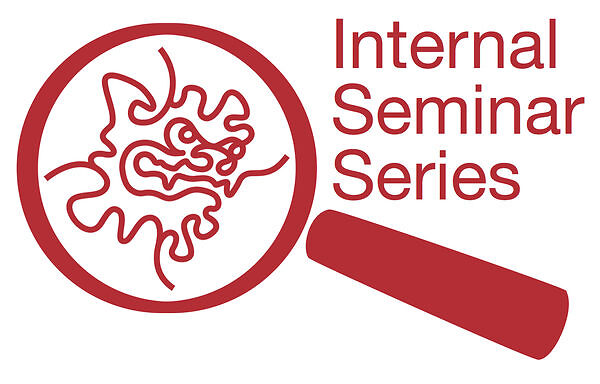Internal Seminar: Ivan Koludarov, Neofunctionalization precedes duplication in the evolution of Pla2g2 genes

Date
Location
Description
Internal Seminar
Speaker: Ivan Koludarov, Postdoctoral Researcher, Ecology and Evolution Unit (Sasha Mikheyev Unit)
Title: Neofunctionalization precedes duplication in the evolution of Pla2g2 genes
Abstract:
It is often assumed that new traits and functions arise following gene duplication – functionally redundant copies are free to experience a different selective regime that can lead to neofunctionalization. However, few studies have reconstructed the evolutionary history of genes comprehensively enough to validate this hypothesis. Venom genes are one of the best model cases to study gene neofunctionalization, since they evolve from physiological genes and their novel functional roles in envenoming are often clear cut.
In our study we examined the Pla2 g2 cluster in 90 vertebrate genomes by manually annotating exons of both functional and pseudogenized genes and reconstructed duplication and neofunctionalization events, including the emergence of venom-specific genes that form the core of the venom arsenal of viperid snakes.
Our results strongly suggest that venom toxins evolved in the ancestors of advanced snakes from within this gene cluster without any associated duplication event. The expansion of the venom cluster happened much later – at the level of individual viperid snake clades, in association with greater expression level in these taxa. We also demonstrate that this evolutionary trajectory is shared by g2A Pla2s, a mammalian counterpart to viperid venom Pla2s that evolved from the same ancestral gene and also underwent multiplication only after acquiring a novel (antimicrobial) function.
Following the seminar, please enjoy free pizza, soft drinks, and lively scientific discussion from 5-5:30pm.
Subscribe to the OIST Calendar: Right-click to download, then open in your calendar application.



